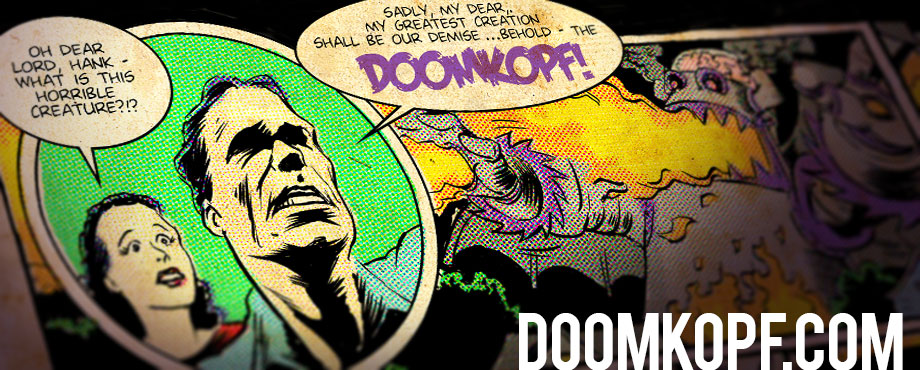Pride of Baghdad
 Reviewers of Brian K. Vaughn’s Pride of Baghdad have compared it to one of the best known stories that uses animals as metaphors, the middle school lit staple Animal Farm. Like George Orwell, Vaughn uses only animals as characters and from their vantage point comments on the actions of men. In Pride, it’s the U.S. invasion of Iraq in 2003.
Reviewers of Brian K. Vaughn’s Pride of Baghdad have compared it to one of the best known stories that uses animals as metaphors, the middle school lit staple Animal Farm. Like George Orwell, Vaughn uses only animals as characters and from their vantage point comments on the actions of men. In Pride, it’s the U.S. invasion of Iraq in 2003.
Four lions from the Baghdad zoo are loosed when the sky fills with bombs and the ground battered with explosions, loosing the makeshift pride into a world that’s not the wild they have only vague recollections of. In broad strokes, the story is based on fact. But much of it is of Vaughn’s creation, and surely the ending will draw some complaints.
While Pride is a beautiful and touching book, the comparisons to Animal Farm are unfair and off the mark. Orwell used his barnyard menagerie as a mouthpiece to lambast the evils of humanity, from pettiness to greed to and, most importantly and notably, on the failings of Soviet rule. For good reason, it’s regarded as one of the great Twentieth Century novels. To hold Pride directly up to that mile-long yardstick is unfair.
Pride does use animals to comment on man’s evils, but is far from a straight allegory. Instead of imposing the traits of man onto the lions, Vaughn does his best to recreate them faithfully (in the end notes he references the time he spent at the San Diego Zoo and with various animal welfare groups). And through those simplistic yet earnest lion eyes, Vaughn gives the war in Iraq a new perspective and a new sense of tragedy.
 From the opening pages, seen here, to the deafeningly sad conclusion, Pride is a non-stop work of grieving that still somehow celebrates the pluck and spirit of nature. If there’s any shortfall, it’s that the book doesn’t go on long enough, giving us to brief a look into the animals’ lives (and far too few pages of Niko Henrichon’s detailed art).
From the opening pages, seen here, to the deafeningly sad conclusion, Pride is a non-stop work of grieving that still somehow celebrates the pluck and spirit of nature. If there’s any shortfall, it’s that the book doesn’t go on long enough, giving us to brief a look into the animals’ lives (and far too few pages of Niko Henrichon’s detailed art).

That second picture with the lion and the fighter jets is amazing.
The whole book is amazing.
I read about this in Wizard and I wanted to get it, but I couldn’t push myself to plunk down $20 for a book that could just as easily suck as it could rock. On your recommendation, I’ll have to seek it out.
I don’t know if it’s worth the hardcover price – then again, I’m too cheap to buy hardly any hardcovers – but it’ll definitely be one worth having on the shelf in paperback.